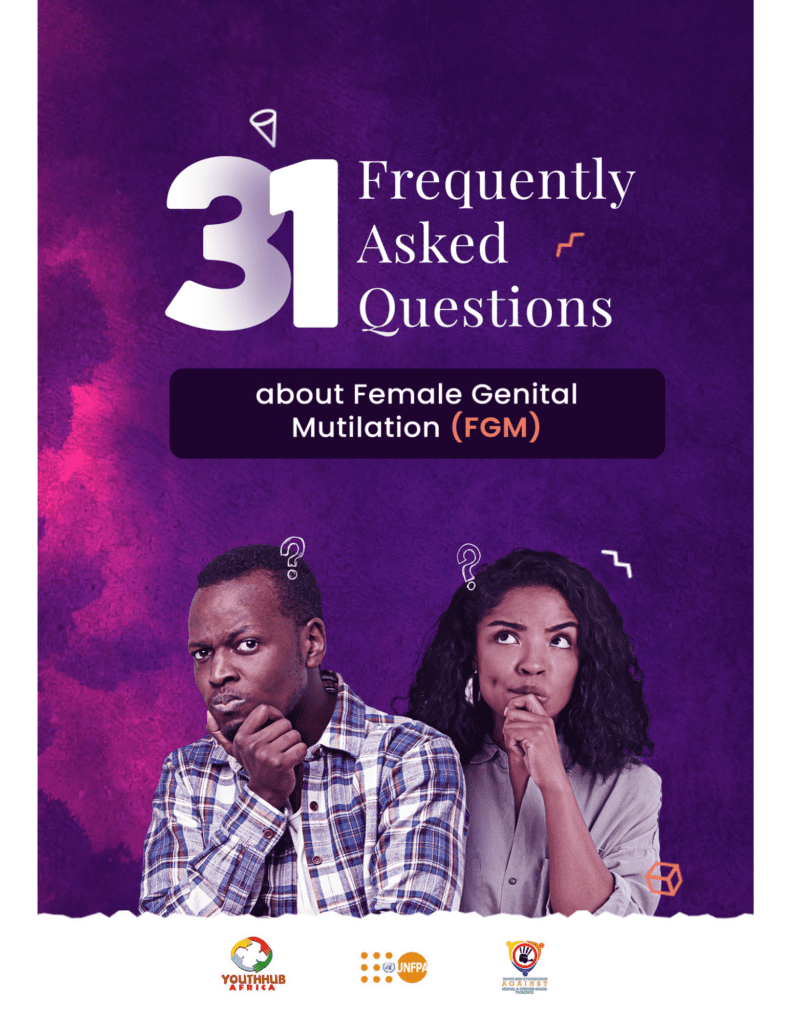FGM is a global issue which is commonly practised in Africa and the MIddle East. In Nigeria, the practice is more common in the south than the North. According to the Nigeria Demographic and Health Survey (NDH) 2018, FGM is most prevalent in the South East, South West and North Western parts of Nigeria in that order.
It varies from tribes and communities. In some places, girls are circumcised/mutilated on the eight day or before age five while others perform it on women a few weeks before their marriage. The NDHS explains that 86% of circumcised women ages 15-49 were circumcised before age 5, while 5% were circumcised at age 15 or older.
FGM is not same as male circumcision. The appropriateness of male circumcision continues to generate intense debates. There are documented and medical benefits of male circumcision, especially the fact that enhances hygiene and therefore reduces the chance of infections and lowers the risk of Sexually Transmitted Infections. All of these can also be prevented without circumcising the male child but requires moer effort. Aisde this, religion is a major drive for male circumcision. Unlike most cases of male circumcision, FGM causes major physical injury and also leaves a life-long emotional scar and pain for girls and women who are survivors (only girls and women that have diesd from FGM are called victims to prevent stigmatization).


